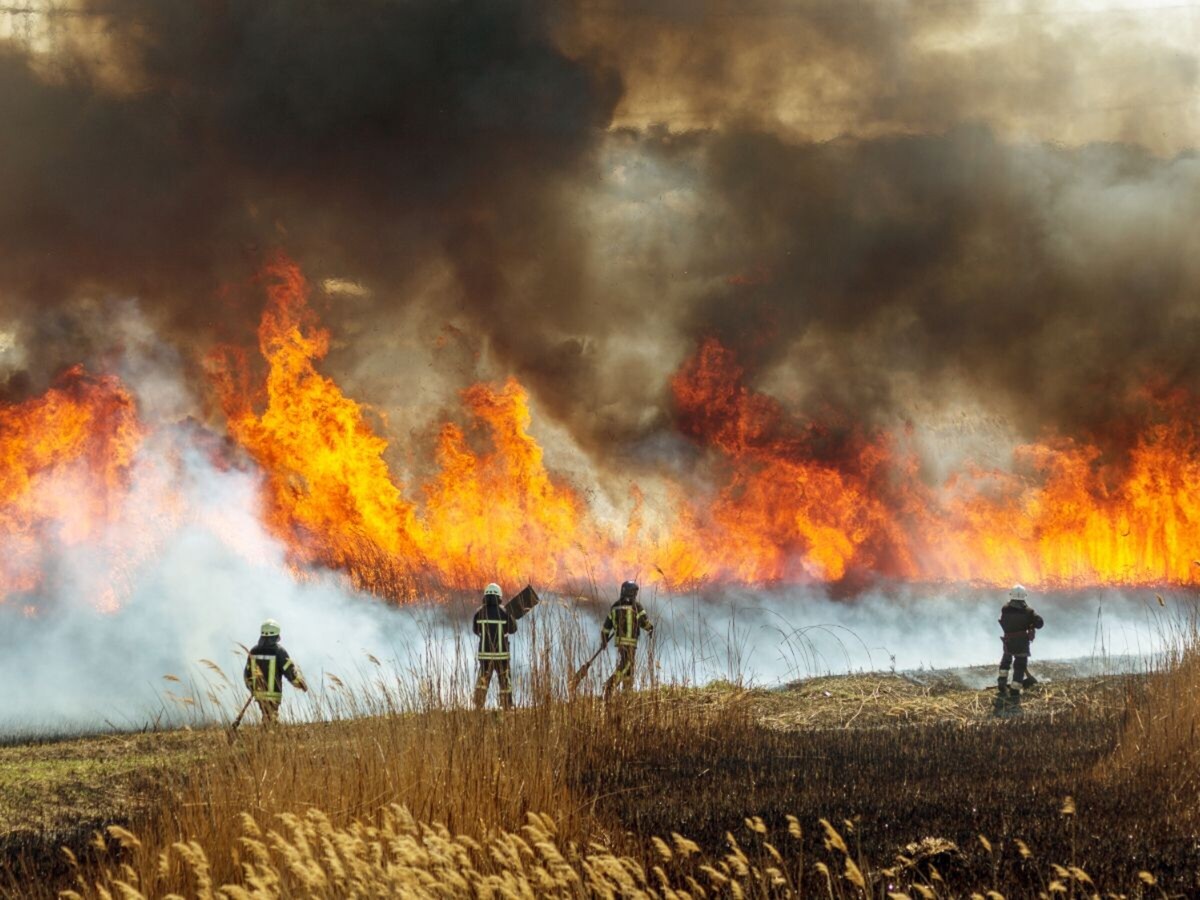Image


NEW JERSEY - In response to historically low precipitation and above-average temperatures, New Jersey has elevated its drought status to a Drought Warning. Governor Phil Murphy and Department of Environmental Protection (DEP) Commissioner Shawn M. LaTourette announced the decision during a virtual press conference, emphasizing the critical need for public cooperation in reducing water usage.
“New Jersey is experiencing unprecedented weather conditions—as a result of climate change—that require us to take these precautionary measures now,” Governor Murphy said. “It can be challenging to adjust our daily habits, but it is imperative that we all work together, heed the guidance to conserve water, and use the utmost caution outdoors to reduce the risk of wildfire as dry conditions continue statewide."
The Drought Warning grants the DEP enhanced authority to manage the state's water resources. This includes directing water transfers between systems, controlling reservoir releases, and adjusting stream and river flow rates to balance ecological needs with water supply demands. Commissioner LaTourette formalized this measure by signing an Administrative Order authorizing the Drought Warning designation.
The prolonged dry spell has significantly increased wildfire activity across the state. Since early October, the New Jersey Forest Fire Service has responded to 537 wildfires—a more than 1,300% increase compared to the same period last year. Tragically, the Jennings Creek wildfire, burning along New Jersey's border with New York, claimed the life of New York State parks employee Dariel Vasquez as he fought the fire on Saturday.
Year-to-date, nearly 1,300 wildfires have burned over 11,000 acres in New Jersey. This figure surpasses the annual average of 1,071 wildfires and 4,000 acres burned since 2000. In response to these conditions, mandatory statewide Stage 3 fire restrictions remain in effect. These restrictions prohibit all fires unless contained in an elevated stove using only propane, natural gas, or electricity. The use of wood or charcoal fires, as well as kerosene or gas torches, is strictly prohibited under this directive.
“Climate change is driving our record low precipitation and above-average temperature recorded statewide in September and October,” Commissioner LaTourette said. “This combination of events has resulted in decreased streamflow and groundwater levels, which harms our available water supplies. Taking these measures now and encouraging reduced water use will help provide some measure of protection from the weather uncertainty we face entering winter.”
State officials strongly encourage residents to conserve water and adhere to fire restrictions to mitigate the ongoing drought and wildfire risks. Public cooperation is essential in managing the state's water resources and ensuring community safety during this challenging period.